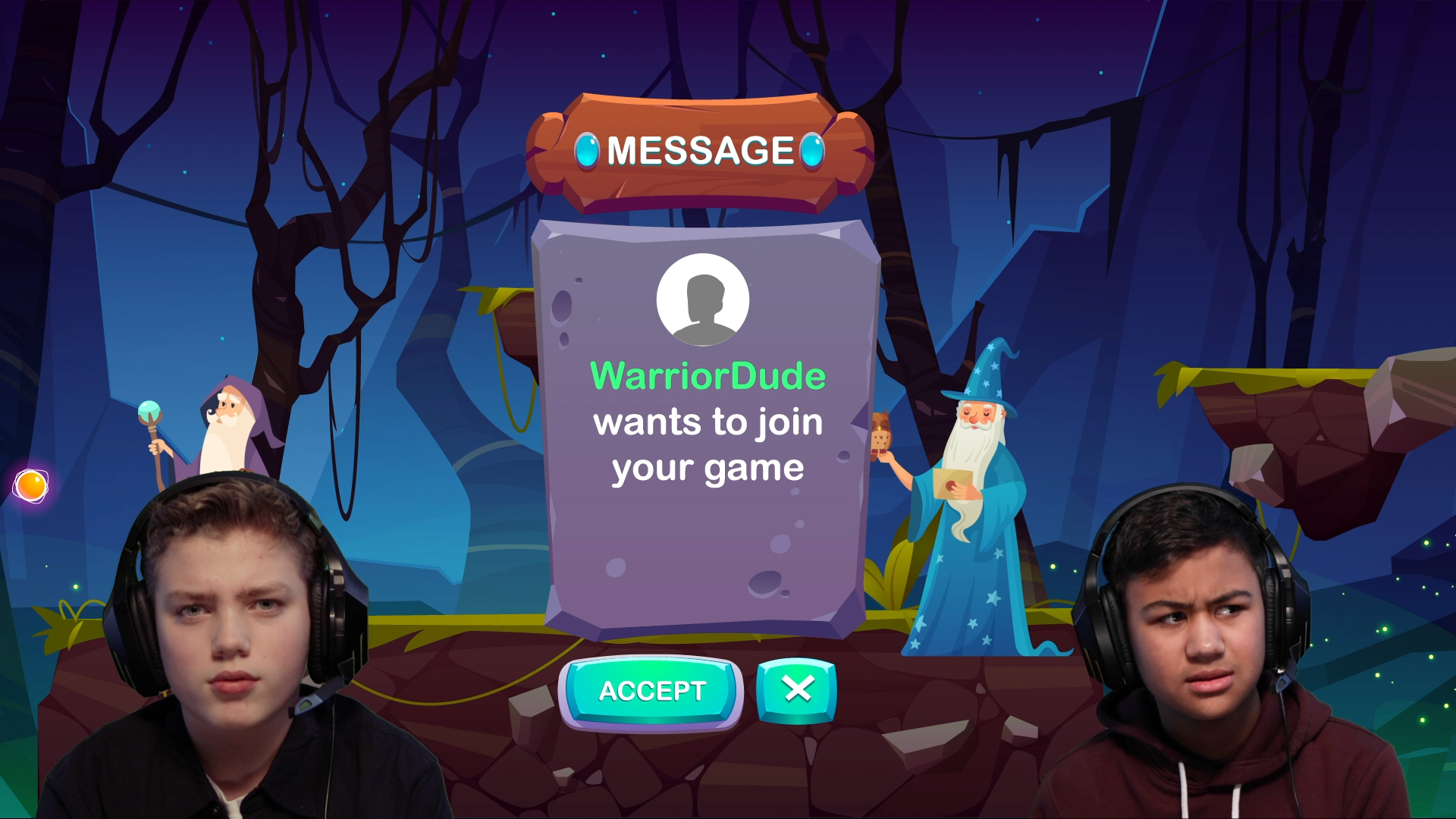
Introduction
In today’s increasingly digital world, it is crucial for students to learn how to stay safe online. For educators working with students in special education, teaching cyber skills can be particularly important. Cyber skills are smart ways to stay safe while we communicate with others online and use technology. In this blog post, we will discuss an easy, no-prep activity to teach cyber skills, followed by discussion questions and related skills that can be explored further. Lastly, we will provide information on where to find free sample materials for teaching these skills and others.
No-Prep Activity: Two Sides
Two Sides is an engaging activity that helps students understand how people act in different situations online and how to use their cyber skills to stay safe. To play this game, follow these simple steps:
- Divide students into pairs or small groups.
- Ask each group to think of two scenarios: one where someone is using their cyber skills effectively and another where they are not.
- Have each group present their scenarios to the class, explaining the differences between the two situations.
- Discuss with the class the importance of using cyber skills to stay safe online and the potential consequences of not doing so.
This activity not only encourages students to think critically about online safety but also fosters collaboration and communication skills.
Discussion Questions
After completing the Two Sides activity, consider posing the following discussion questions to your students:
- Why is it important to only communicate with people you know online?
- How can you ensure your social media pages are private and only viewable by people you know personally?
- What are the potential dangers of tagging your location in social media posts?
- Why should you report inappropriate content on social media platforms?
- What other strategies can you think of to stay safe while using technology and communicating online?
Related Skills
Teaching cyber skills is just one aspect of fostering a well-rounded education for students in special education. Other related skills that can be beneficial for students to learn include:
- Digital literacy: Understanding how to use technology, navigate the internet, and evaluate online information.
- Communication skills: Developing effective verbal and nonverbal communication skills for various situations, both online and offline.
- Problem-solving: Learning how to approach and resolve challenges in a logical and structured manner.
- Empathy and understanding: Teaching students how to recognize and respond to the feelings and perspectives of others, both online and in-person.
Next Steps
Teaching cyber skills and other related skills is essential for preparing students in special education for a safe and successful digital experience. If you’re interested in exploring more resources to support your teaching, consider signing up for free sample materials from Everyday Speech. These materials cover a wide range of topics, including cyber skills, communication, problem-solving, and more, providing a valuable resource for educators working with students in special education.

